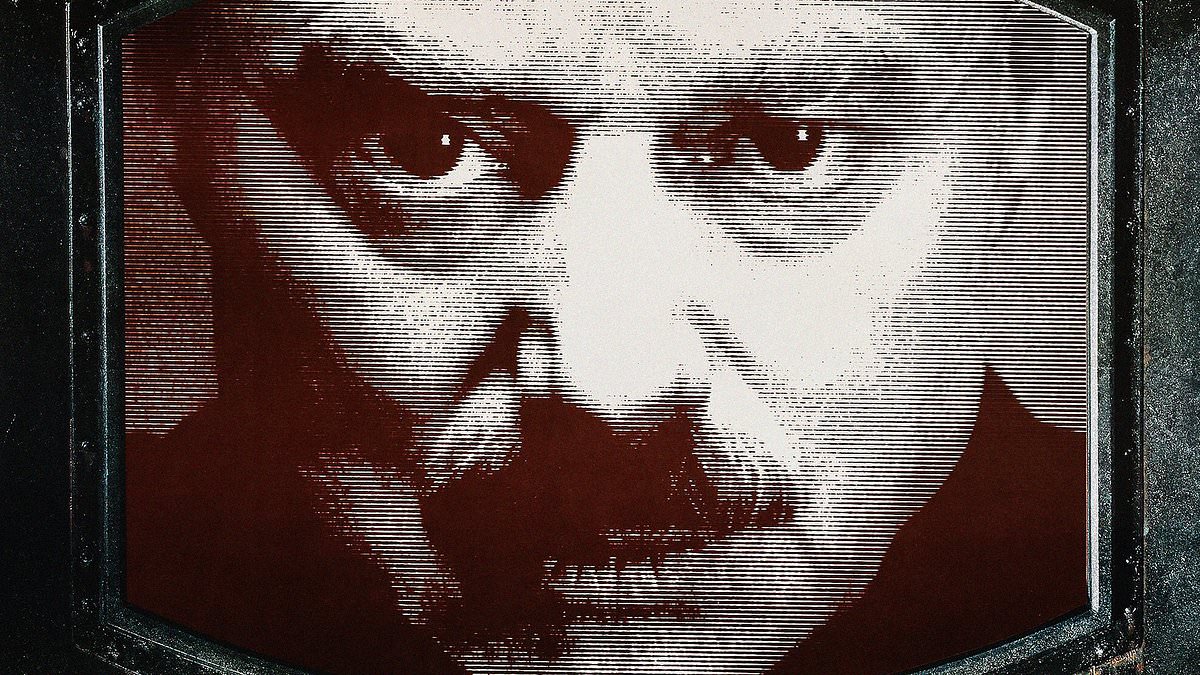In the literary world, the contrast between Utopia and Dystopia is a broad theme, widening our imaginations and instigating countless philosophical discussions. If Utopia represents a perfect society, then Dystopia illustrates an oppressive and frightening society. But who coined the term “dystopia,” and what is considered the earliest dystopian novel? Let’s find these answers together.
When we examine the origins of these antipodal terms, it helps us better understand the evolution of literature. The term “utopia” comes from Sir Thomas More’s 1516 book named “Utopia,” one of the most influential works in Western literature that described an ideal society on an imaginary island. This term combines the Greek words ou (not) and topos (place) and means “no place.” This was More’s method of explaining that the perfect society he was describing was nowhere to be found. More’s optimism in the realm of human potential for creating perfect societies saw a stark contrast in the pessimistic outlook of dystopian literature.
Surprisingly, there is no single individual attributed to coining the term “dystopia.” The term is a derivation of “utopia,” with “dys” meaning “bad” or “difficult” in Greek. This combination translates to an ‘unpleasant’ or ‘bad place.’ In essence, a dystopia represents a vision of a society that is the exact opposite of a utopia, one that is horrifying and ghastly. Rather than being attributed to an individual, the term seems to have gathered momentum in literary and political discussions through the progression of time.
Identifying the first dystopian novel comes with its complexities as it largely depends on one’s interpretation of “dystopia.” But most scholars seem to converge on “The Last Man” by Mary Shelley, published in 1826, as the earliest dystopian work. The book tells the chilling tale of a future world ravaged by a plague that has wiped out most of humanity. However, earlier works such as Jonathan Swift’s “Gulliver’s Travels” (1726) have been retrospectively labeled as dystopian due to their satirical depiction of corrupted societies.
Interestingly, renowned English writer H.G. Wells called himself a ‘utopiographer’ and proposed a utopia created by scientific advancements in his 1923 novel “Men Like Gods.” The novel imagines a parallel universe where a society has evolved over three thousand years to abolish war, superstition, and poverty — a stark distinction from the grim societal depictions of dystopian literature. Wells’s work contributes to both sides of the argument, postulating a utopia born from the ashes of a dystopian reality.
In conclusion, the term dystopia emerges not from a single mind but from a collective apprehension about societal decay and the potential for a societal nightmare. The concept has been explored in novels spanning centuries and continues to influence contemporary narrative, providing cautionary tales about the potential pitfalls of our societal evolution. It is worth remembering, however, that while dystopian cautionary tales warning us about the possible nightmares of societal errors are essential, so too is utopian thinking — the hope and belief in our capacity to create a better world.
The contrast between Utopia and Dystopia serves as a testament to human thoughts and perspective, reminding us of our potential for both marvel and disaster.




